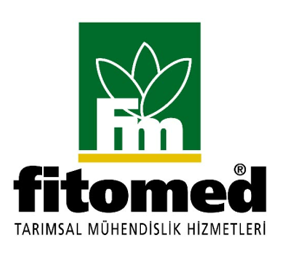Fitomed conduct residue trials and report by following standard trial methods published by General Directorate of Agricultural Research And Policies (TAGEM), an organization of Republic of Türki̇ye Ministry of Agriculture And Forestry. We work with laboratories which have ISO/IEC 17025 approved by Republic of Türki̇ye Ministry of Agriculture And Forestry and accredited by Türkish accreditation agency (TÜRKAK) for residue analysis.
Residue trials are required to test the effect of the products on human and animal health. The data generated from residue trials are used to determine MRL and the duration between last application and harvest.
Residue of products cause various deformations and negative effects on plants. Degree of residue affects by application dose and number, application time, duration between last application and harvest, climate condition, product formulation, and application type. The appropriate residue trials methods designed to achieve the highest amount of residue.
The plant protection products require residue trials to determine Maximum residue limit (MRL) and duration between last application and harvest in geographically different locations.
Residue trials should be carefully designed considering realistic worst case scenarios and planned to determine worst residual effects of the products regardless of the presence of pests, diseases and weeds. The residue trials should be carried out differently than the efficacy trials of the product.
Reference: TAGEM, 2019. Bitki veya Bitkisel Ürünlerde Bitki Koruma Ürünlerinin Kalıntı Denemelerinin Yapılması ile İlgili Standart Deneme Metodu, Tarım ve Orman Bakanlığı, Ankara, 68s.
